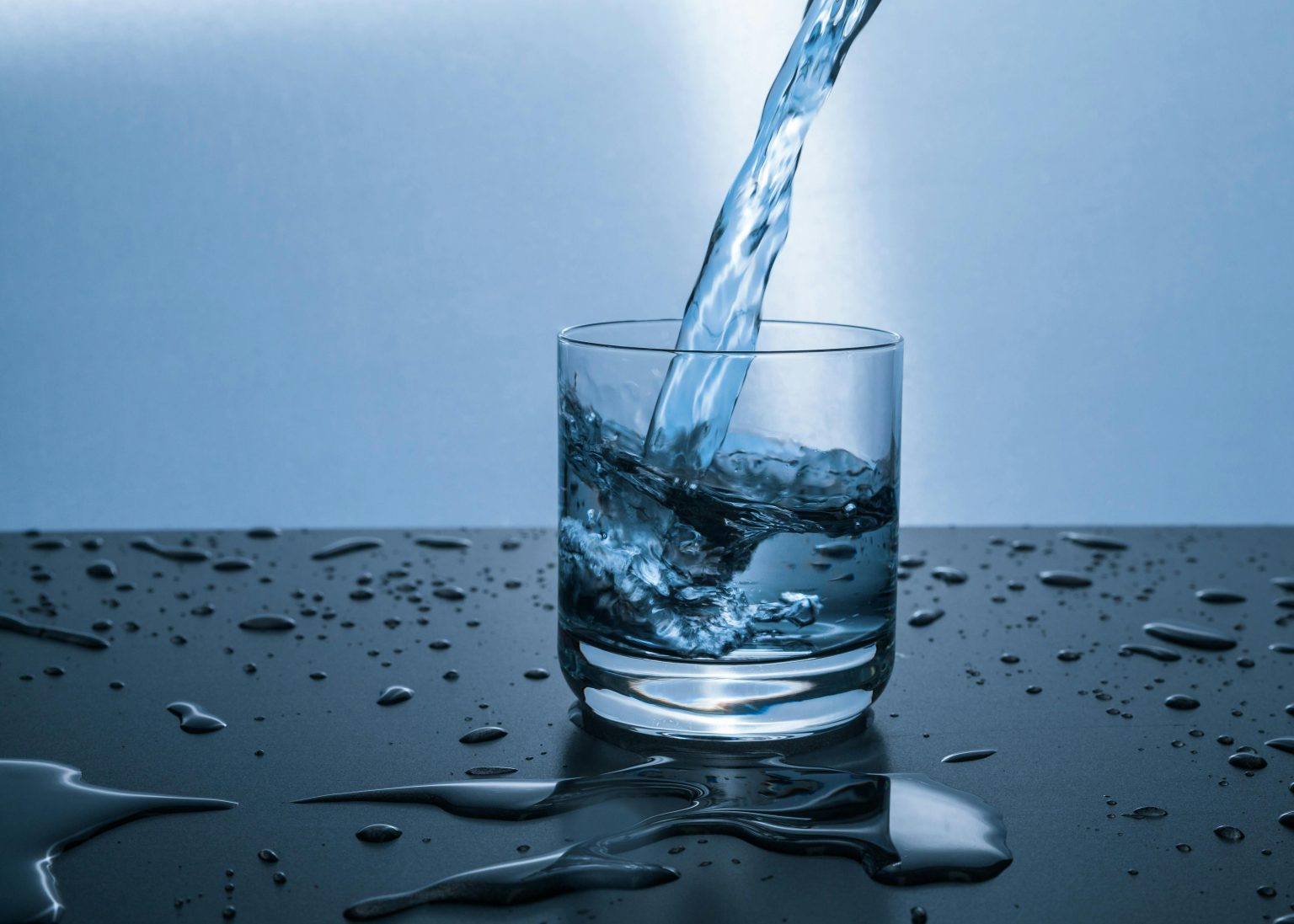Why is not drinking enough water bad for you?
Drinking too little water risks dehydration. Even small levels of dehydration can affect how you think, feel, and move. It makes your heart work harder due to a reduction in blood plasma volume, reduces focus and performance, and can leave you feeling tired or irritable.
Severe dehydration (>4% body mass loss) can be dangerous.
How much water do we really need to drink each day – is it eight glasses, or more if exercising?
The common advice is around 2 litres per day, but your needs change with activity, heat, and how much you sweat (your sweat rate). If you’re exercising, you might lose 0.5-1 litres of fluid per hour, so you’ll need more than 2L per day. Understanding how much sweat you lose during exercise is helpful, otherwise, drinking 500ml-1L per hour (particularly in warm conditions) is a good place to start, and listening to thirst, urine colour and energy levels.
Can you drink other beverages instead of water, or is water essential?
While water is the simplest choice, other drinks like juices, milk, herbal teas, and even coffee contribute to your total fluid intake.
Also, plain water isn’t always the best option. If you’re sweating heavily during exercise, drinking only plain water can dilute your blood sodium levels, increasing the risk of hyponatremia. In those cases, use electrolyte drinks to replace both fluids and sodium.
Tips for staying hydrated when exercising.
Start hydrated by drinking some water or an electrolyte drink before you begin. During exercise, sip fluids regularly, aiming for about 500ml-1L per hour. In hot weather or longer sessions, use drinks with electrolytes to replace sodium lost in sweat and reduce the risk of cramping or fatigue.
How to stay hydrated without consciously noticing.
Keep water nearby and sip regularly throughout the day. Add fruit or herbs for flavour if that helps. Eat water-rich foods like fruits and vegetables. You can also link drinking to daily habits – like having a glass with every meal or setting phone reminders if you tend to forget. Often, having a reusable water bottle with you throughout the day can be helpful.
Recommendations for hydration aids (gels, powders, electrolytes).
If you’re active for more than an hour, sweating heavily or exercising in hot or humid conditions, electrolyte drinks, powders, or tablets can help replace key electrolytes lost in sweat. Everyday hydration doesn’t usually require these – but they’re useful for exercise, hot weather, or if you’re prone to cramping.
